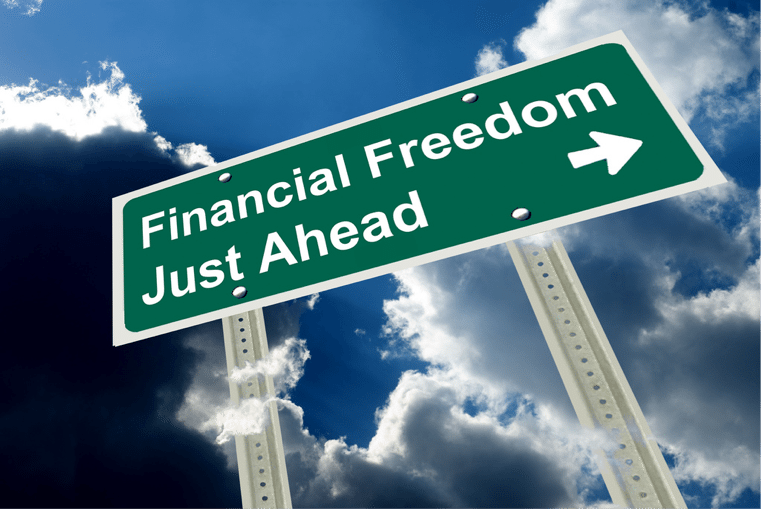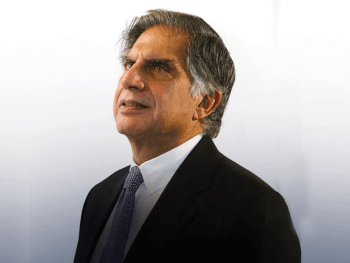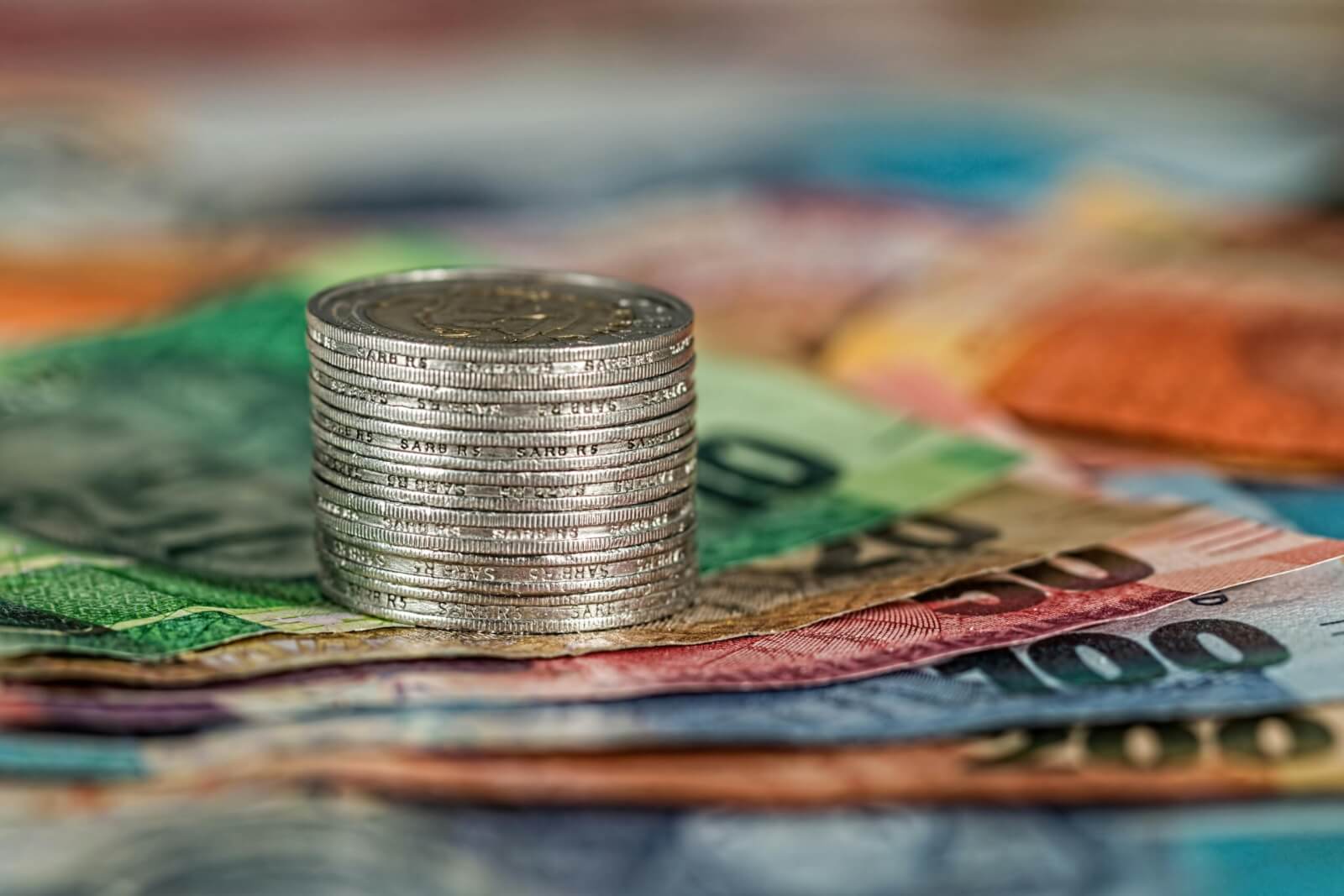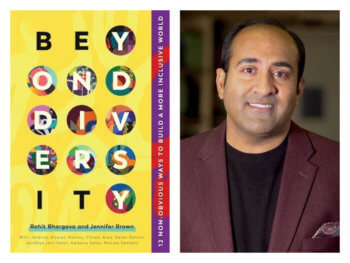Most people don’t know much about their financial situation and aren’t saving money for the future. Here's how to get started.
Are you unsure about your money matters and need to save more? You're not alone. According to CNNMoney, about three-quarters of Americans are living paycheque-to-paycheque, with little savings and emergency money.
According to IMCRIndia, spending habits of Indians are changing as a result of growing disposable income, a relative increase in the younger population, and a shift in attitudes towards buying and consuming.
Starting to save your money in your early 20s is important for your future. The earlier you learn money smarts, the more power and control you have over your life. But healthy spending and saving habits are essential at every stage of life.
"People need to rethink their spending, regardless of age. When you think of somewhere that your money is going to, like buying lunch every day, a lot of people spend a lot," says Melissa Jarman, director of student banking at RBC.
As you get older, expenses increase and debt accumulates, and in order to be financially prepared, you need to create a plan to save. Here are some tips for getting started.

Knowing what your budget is will help eliminate stress/ arpaiogottogo
Establish Your Current Financial Situation
Create a net worth statement; this will give you an approximate measure of your current wealth. Tallying up the value of your assets, which is what you own, and your liabilities, which is what you owe, does this. Subtracting your liabilities from assets will give you a number that represents your net worth. Knowing your net worth lets you chart your financial progress over time.
Track Your Spending Habits
Understanding how much you spend and save right now is key to financial control. Keeping a journal or spreadsheet of your earnings and spending will show you if you have a cash surplus (living within your means) or a cash deficit (spending more than you’re bringing in). When faced with a deficit, you’ll have to cut your spending or increase your income to achieve your financial goals.
Adjust Your Spending
Start by creating a budget for all expenses and other items you know you’ll need money for, including shopping, food and recreational activities. Make sure to leave some wiggle room so you don’t go over budget. If you have a cash surplus, then you’ll only need to adjust your expenses in order to save your desired amount of money. Continue living within your means, but cut back on the less painful things, like takeout meals.
Start Saving
Create an emergency fund for when you’re in a sticky situation, but remember emergencies only! Put about 10 percent of each of your pay period earnings in a savings account that you can’t touch. Even if it's a small amount of money, it will add up.
Remember that starting is always the hardest part to saving money, so do a little at a time, and don’t be discouraged. The most important key to success is discipline. You’ll need to rethink your spending and saving habits, and commit to your plan, but you’ll soon start to reap the benefits.
Featured Image: calvarync














































































































